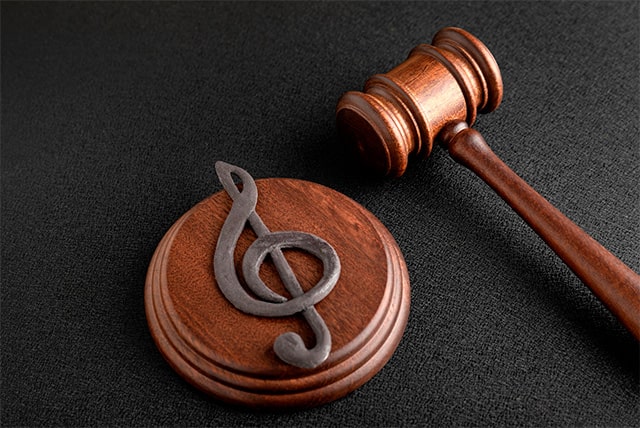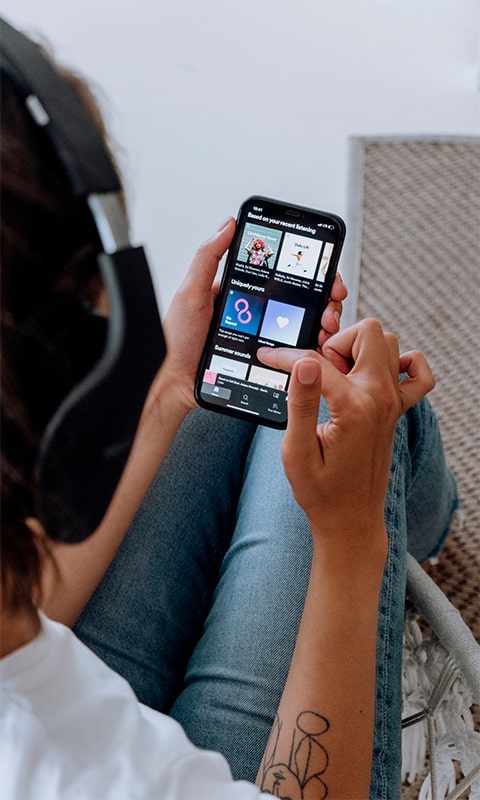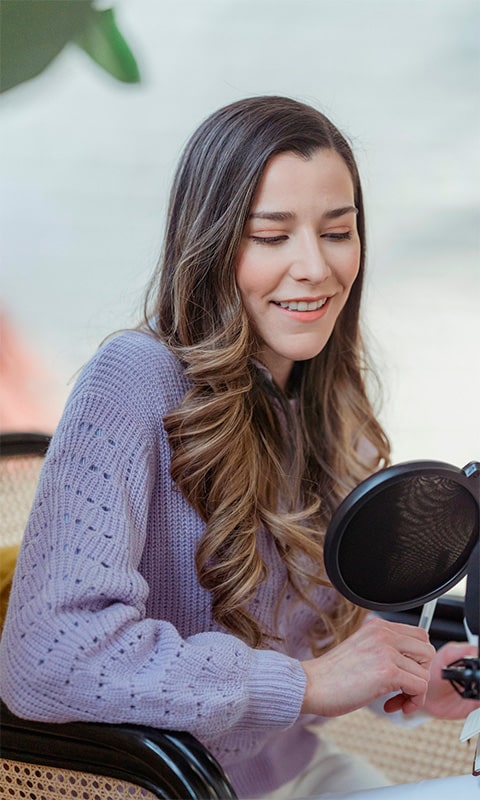Everything You Should Know About On Hold Music Licensing and Legalities

When it comes to creating a professional, welcoming atmosphere for your customers, on hold music plays a surprisingly important role.
But before you press play on that favorite playlist or classical song, there are some legal considerations to keep in mind.
Let’s dive into the world of licensing and legalities for holding music in a business setting.
Do You Need a License for On Hold Music?

In short: yes. Most commercially available music requires a license for public use, and that includes playing it as on hold music for your business.
A license ensures that the artists, composers, and rights holders are fairly compensated for their work.
Organizations like ASCAP, BMI, and SESAC in the U.S. (or their equivalents in other countries) oversee these licensing agreements. Without proper licensing, your business could face fines or even lawsuits for copyright infringement.
Can You Just Pick Any Song?
Not quite.
While it might be tempting to put a popular song on repeat, it’s important to consider both licensing fees and your brand image.
Not all songs are suitable for a professional setting, and some may carry hefty royalties.
Additionally, certain songs may have explicit lyrics or cultural associations that aren’t appropriate for a business environment.
Choosing the right music is about more than just avoiding legal trouble—it’s about creating the right atmosphere for your callers.

What Are the Most Popular On Hold Songs Used by Businesses?
While on hold music preferences vary by industry, certain songs and styles consistently top the charts for on hold music:
Classical Favorites: They project elegance and professionalism, making them a favorite for law firms, healthcare providers, and financial institutions.
Soft Jazz Tunes: Smooth saxophone songs or piano jazz provide a sophisticated and relaxing vibe. This genre is especially popular in hospitality and corporate offices.
Easy listening Instrumental Covers: Businesses often opt for well-known songs played as instrumental versions. These maintain familiarity without the distraction of lyrics.
Acoustic Country: Gentle, ambient songs with sounds of flowing water or birdsong are common for wellness centers, spas, and holistic health practices.
Corporate Upbeat Songs: Many businesses choose modern, royalty-free music with light electronic beats or uplifting rhythms to convey energy and innovation.
The key is to select music that matches your brand while ensuring it’s properly licensed.

Many companies avoid specific “popular” music on hold songs due to higher licensing costs or because they prefer royalty-free alternatives.
The Solution: Royalty-Free and Licensed Options
To avoid the hassle of negotiating individual licenses, many businesses turn to royalty-free or pre-licensed music providers.
These services offer a wide range of high-quality music on hold songs specifically designed for on hold music.
They’re not only budget-friendly but also ensure you’re fully compliant with copyright laws.
At Amazing Voice, we specialize in providing custom on hold music solutions that align with your brand’s identity and comply with all legal requirements.
With our vast library of licensed music on hold songs, you can set the perfect tone for your business while staying worry-free about licensing issues.
Related Posts

How to Do Voice Over in Google Slides
If you think that adding voice overs to your presentation is complicated, think again! It's very simple and straightforward to add narration to your slides after you've got them ready. If you haven’t already produced them, then you have to record the Google Slide voice overs separately.

The Psychology of Music On Hold
Music on hold is more than just filler sound—it’s a powerful psychological tool that shapes customer experiences and perceptions of a business. Research shows that the right on hold music can reduce perceived wait times, soothe frustrations, and enhance a company’s brand image.

6 Reasons to Hire a Professional Voice Talent
Digital video has become a popular marketing medium. And while you may consider doing the voice work on your own, many companies are electing to have this work done by professional voice talent instead. Here are the six main reasons why smart businesses are choosing professional voice talent.




